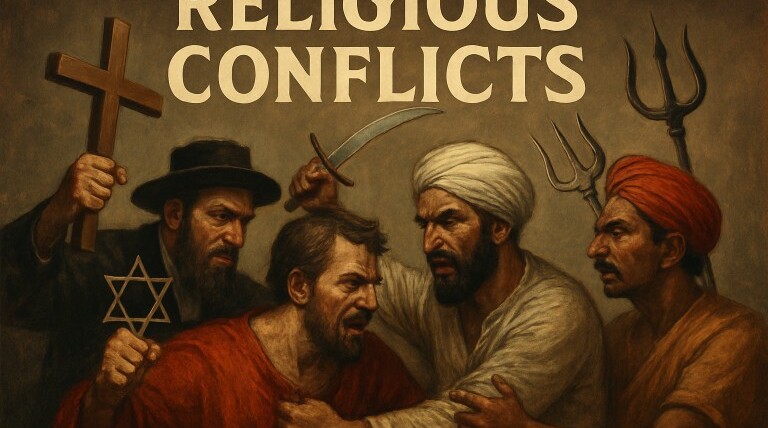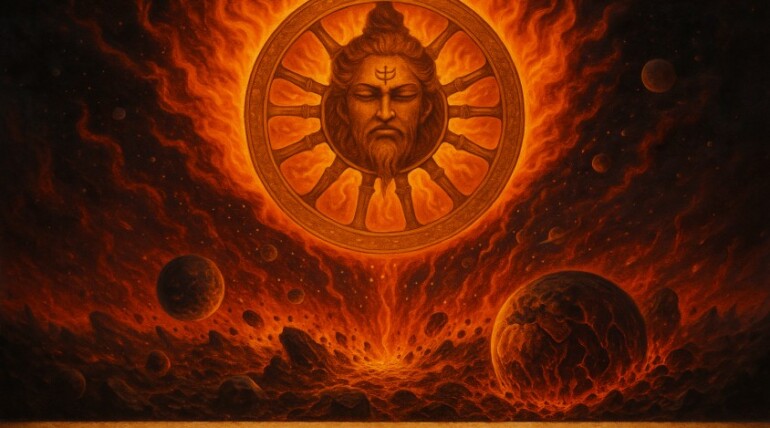What is Karma and Why is it Important?
Why, then, should we encounter happiness, sorrow, struggles and success in life after life, in case the soul is eternal and free? The answer is karma. Karma does not mean punishment or reward. It is merely a cause and effect law where all the actions come back to us in some form.
Karma: The Seeds of Our Life
All thoughts, words and deeds sow a seed.
Some grow quickly, Others require years -or even a lifetime- to demonstrate.
These seeds of karma determine the family we were born in, the opportunities that are offered to us, the issues we may have to struggle with and even our closest relationship. Nothing is random. Karma shapes the events in our lives and has a purpose in making our soul develop.
Karma and Free Will: Cooperation.
Karma is not unchangeable. It is in the same way that the actions we do today are defining our tomorrow just like what our forebears did in the past. Bhagavad Gita imparts that the body dies but the soul never dies and it goes on with its journey taking the consequences of past karma. Every life is a continuation and a new life.
An Account of Clinging and Rebirth.
One of the spiritual narratives speaks about the mother who lost her son and grandson in a car accident. Very shortly after that also, she died and claimed that she heard her son calling her. Her intense attachment (moha) tore even her soul off freedom and made her chained to grief and endless circles of rebirth and death.
This story demonstrates the effect of attachment coupled with karma on the soul journey.
The Karma vs. Choice Balance.
This is where there is a balance between karma and free will. The previous karma brings about circumstances.
It is the free will that determines our reaction.
Had the mother not been clinging to her grief, but remembered her real self as an eternal soul, she would have had a different path. Karma was the one that formed the stage but it was her decision that influenced the result.
Vedanic and Upanishad wisdom.
According to the Vedas and Upanishads, discovering karma, rather than negation, is a way of achieving liberation. Remember the great truth, Tat Tvam Asi (You are That):
We are not the body or mind.
We are soul, unchanging, immortal.
When we discover this, karma becomes powerless to hold us.
How to Break Free from Karma
Then how can we be liberated from karma in everyday life? By living with awareness.
Experiential Action to Change Karma.
Meditation: brings calmness and sanity.
Piety: Links with the deity.
Self- searching: assists us to view past ego.
Knowledge: burns the seeds of karma that are yet to sprout.
Always ask yourself before talking or doing things, is it ego or am I being my true self that I am doing that? Such realization gradually changes fate.
Destiny: A Living Story
Fate is not a pre-destined piece of writing- it is a process that is determined by karma and free will. The first chapters may be written by karma, however, the final is determined by our conscious decisions.
The Final Truth
The scriptures remind us: you are not only a victim of fate, you are not totally free of the past actions. You are a soul that is immortal and you learn through karma, but this does not mean that you do not possess the ability to make a greater choice.
Whether karma can influence your fate or not is not the actual question, but how much you can influence it consciously and vice versa.




